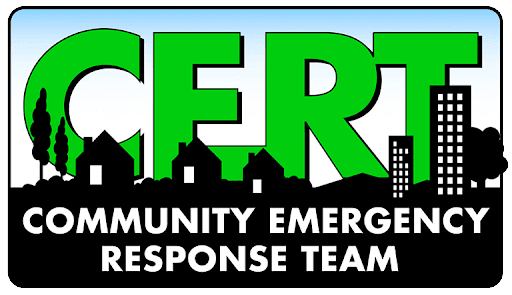| Issaquah Community Emergency Response Team (CERT)
The CERT program educates community members like you how to prepare and respond when a major event happens by training people in basic disaster preparedness and response skills to take care of themselves, their family, their neighborhood, and the community. | Site Search |
Radios and Emergencies When disasters happen one of the first pieces of infrastructure to go away are standard communications methods. During the first few days following an incident phones, both landline and cellular, fail due to physical damage or overloading. Most current cellular systems are designed to have 20%-30% of the phones in their area on the network making calls. Following a disaster or large scale event people reach for their phones, they want to call for help, let family know they are okay, or check on other family members that may be affected as well. This large amount of call volume can quickly crash a fully operational phone system. This doesn't only apply when natural disasters occur, it also becomes a factor when people gather in large numbers. In 2013 the Seattle Seahawks won the Super Bowl and the ensuing parade overloaded the cellular network in the city of Seattle. Estimates range from 250,000 to 700,000 people gathering in downtown Seattle to celebrate the victory. Many of these people were trying to post social media updates, send text messages, and make calls. Due to the large volume of traffic on the system many of those people were not able to get their messages out. During the parade the only reliable source of communication was with radios. Radios have many benefits. One of the most important is they don't rely on an infrastructure that is susceptible to crashing from overloading. They also allow multiple team members to hear messages all at the same time. This means important information can get to, not only its intended recipient faster, but have widespread distribution and impact. Responsibility for Issaquah's disaster communications responds falls on the Issaquah Communications and Support Team (ICST). Issaquah's 2016 Comprehensive Emergency Management Plan states that ICST will "provide for and maintain a communications system for the efficient flow of information during emergency or disaster operations for the City of Issaquah." ICST also will "provide or supplement alerting and warning key officials and the public of an impending or occurring emergency or disaster." For a full account of ICST's roles and responsibilities, see Issaquah's 2022 Comprehensive Emergency Management Plan. |


